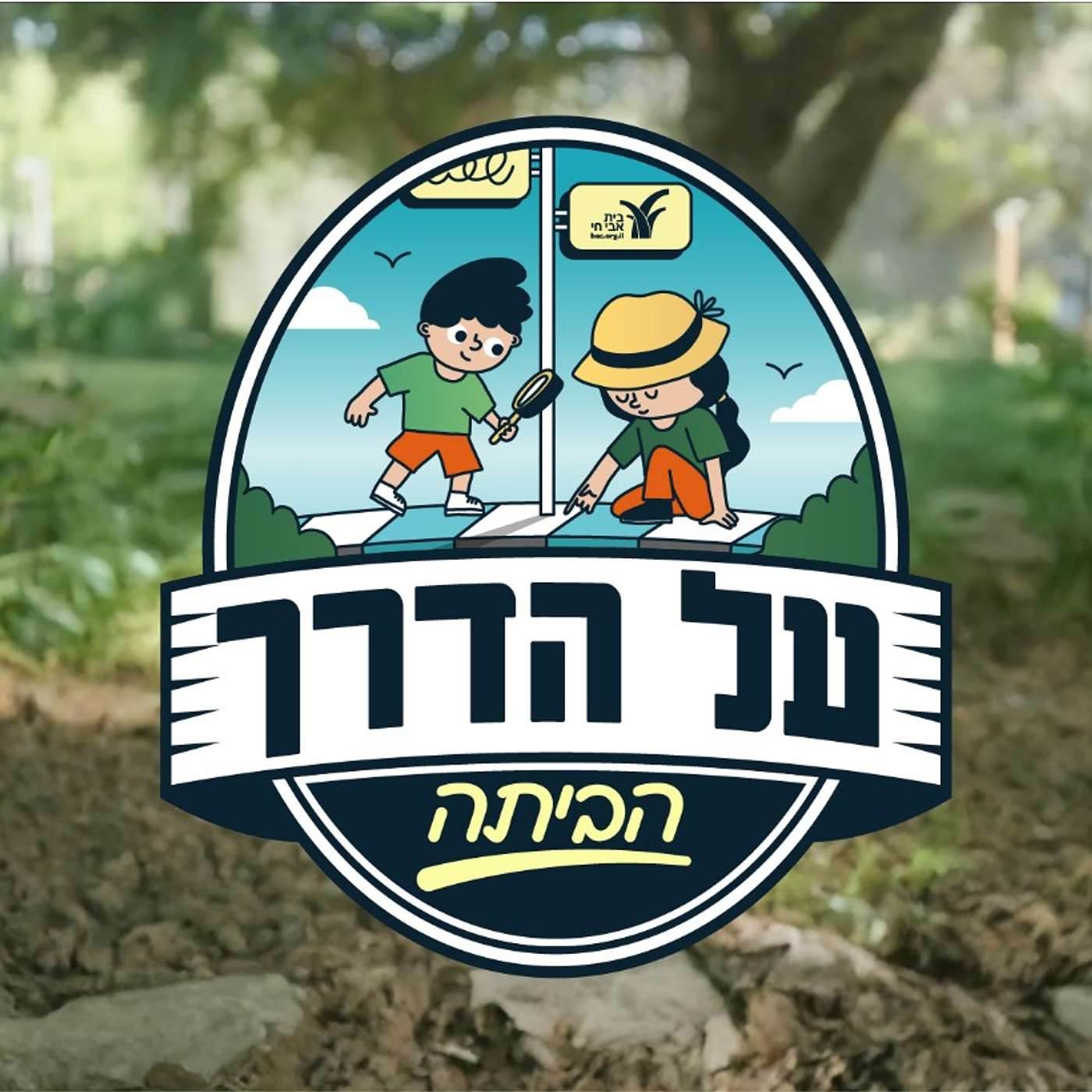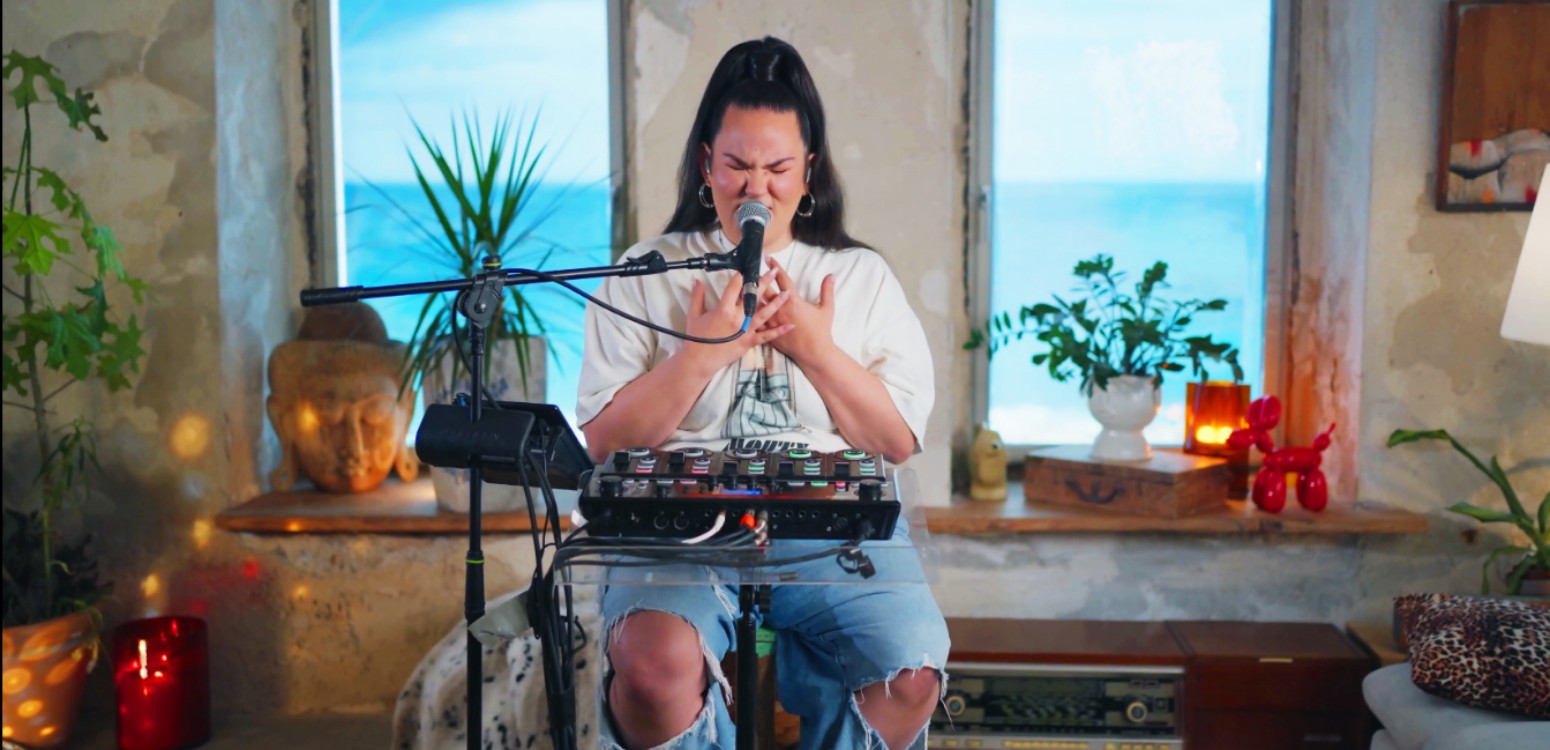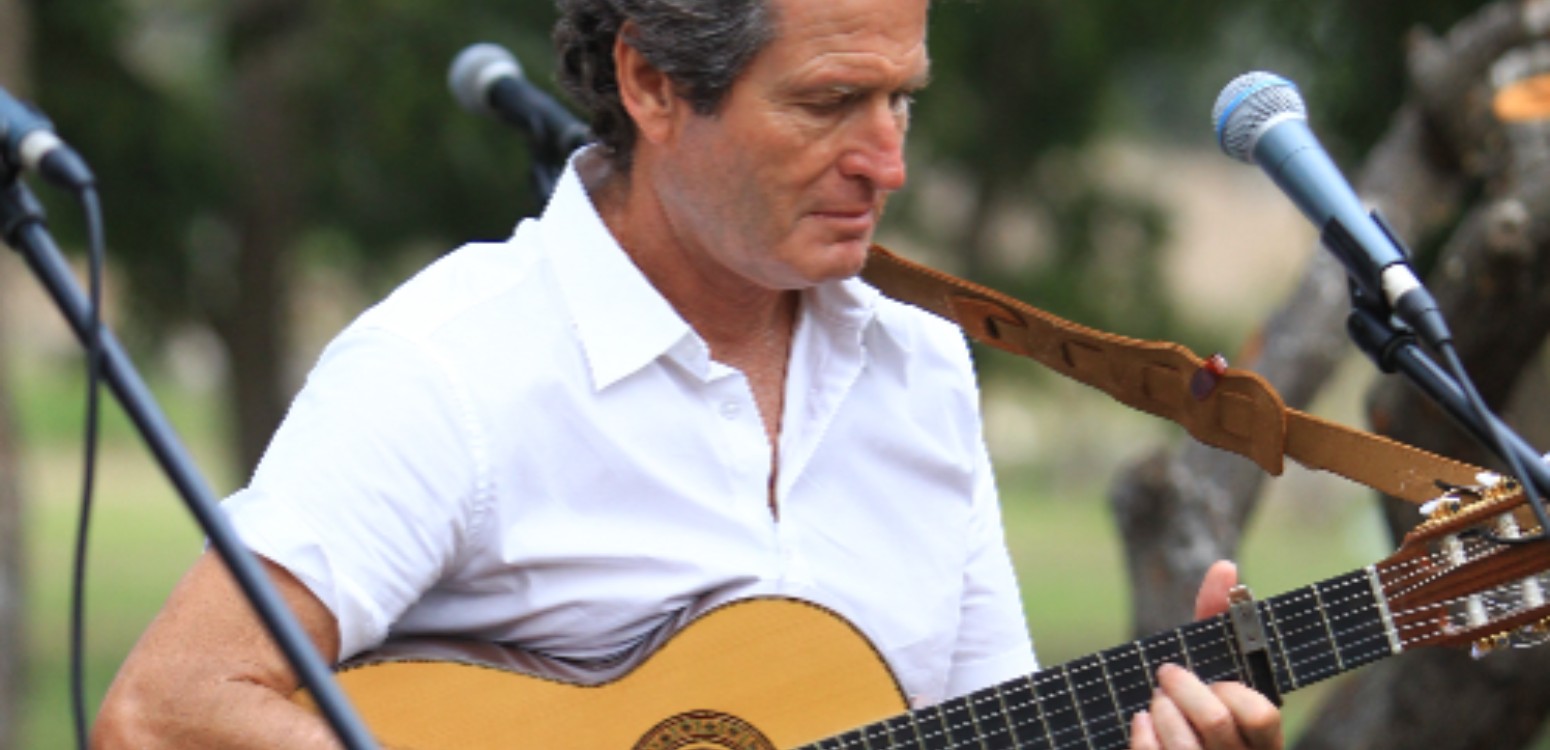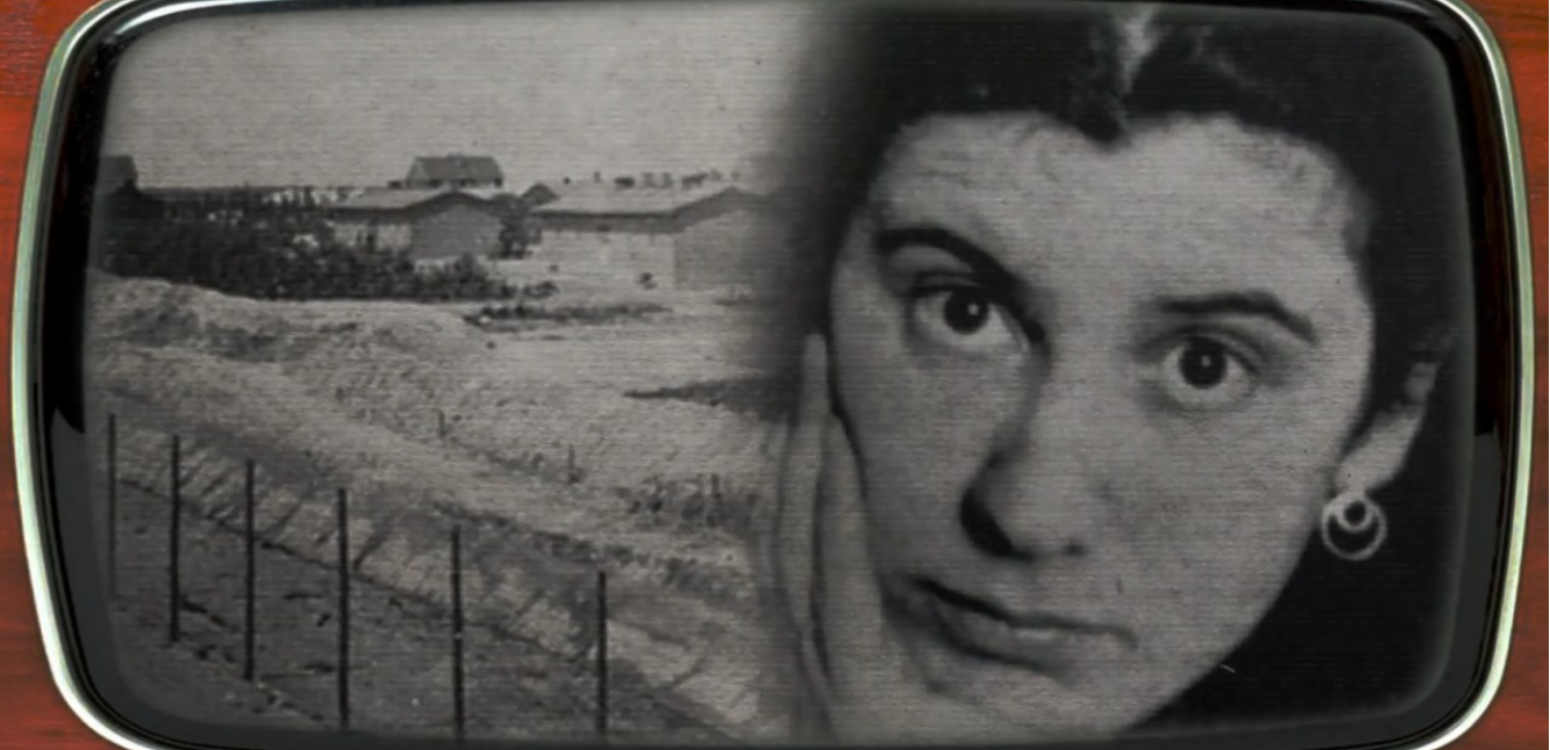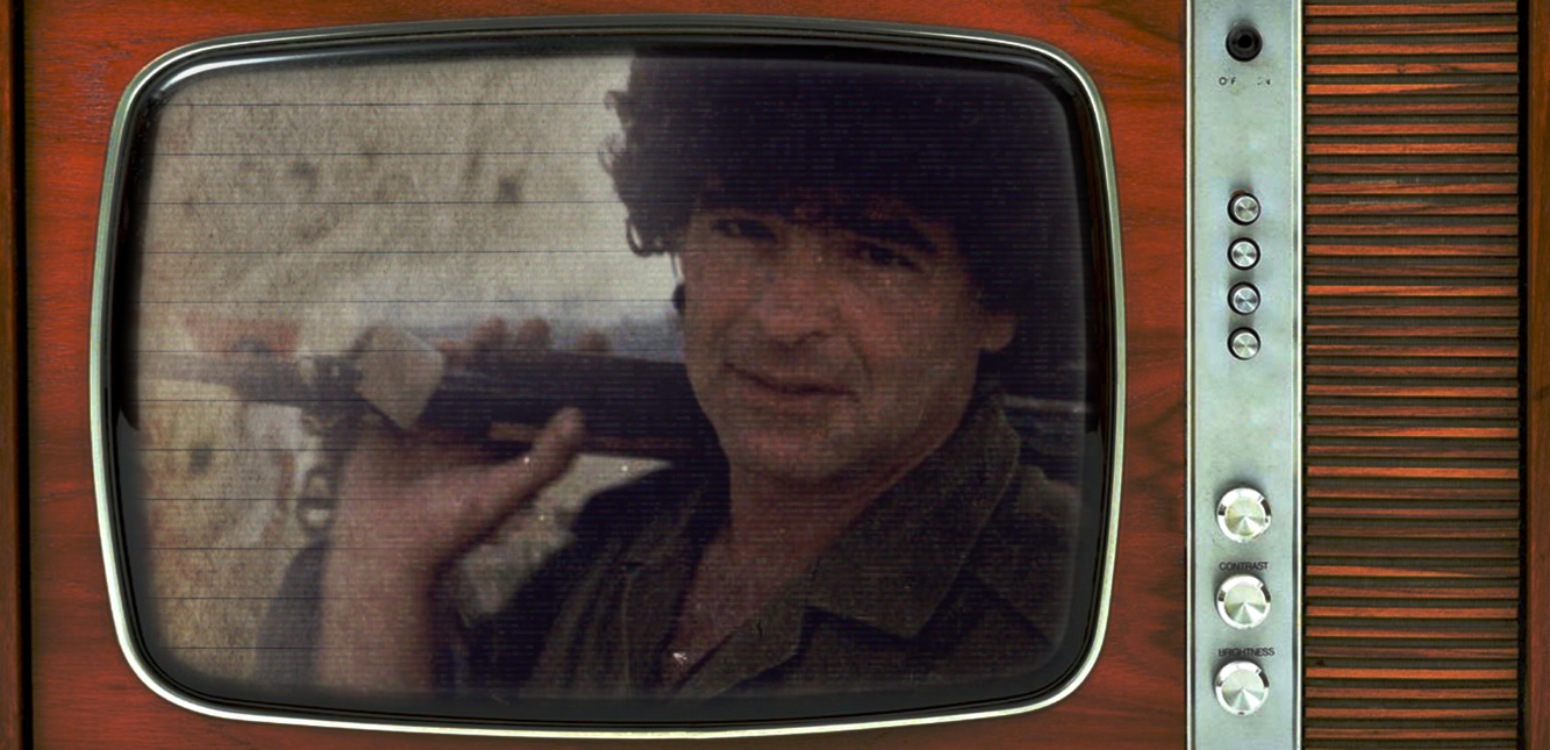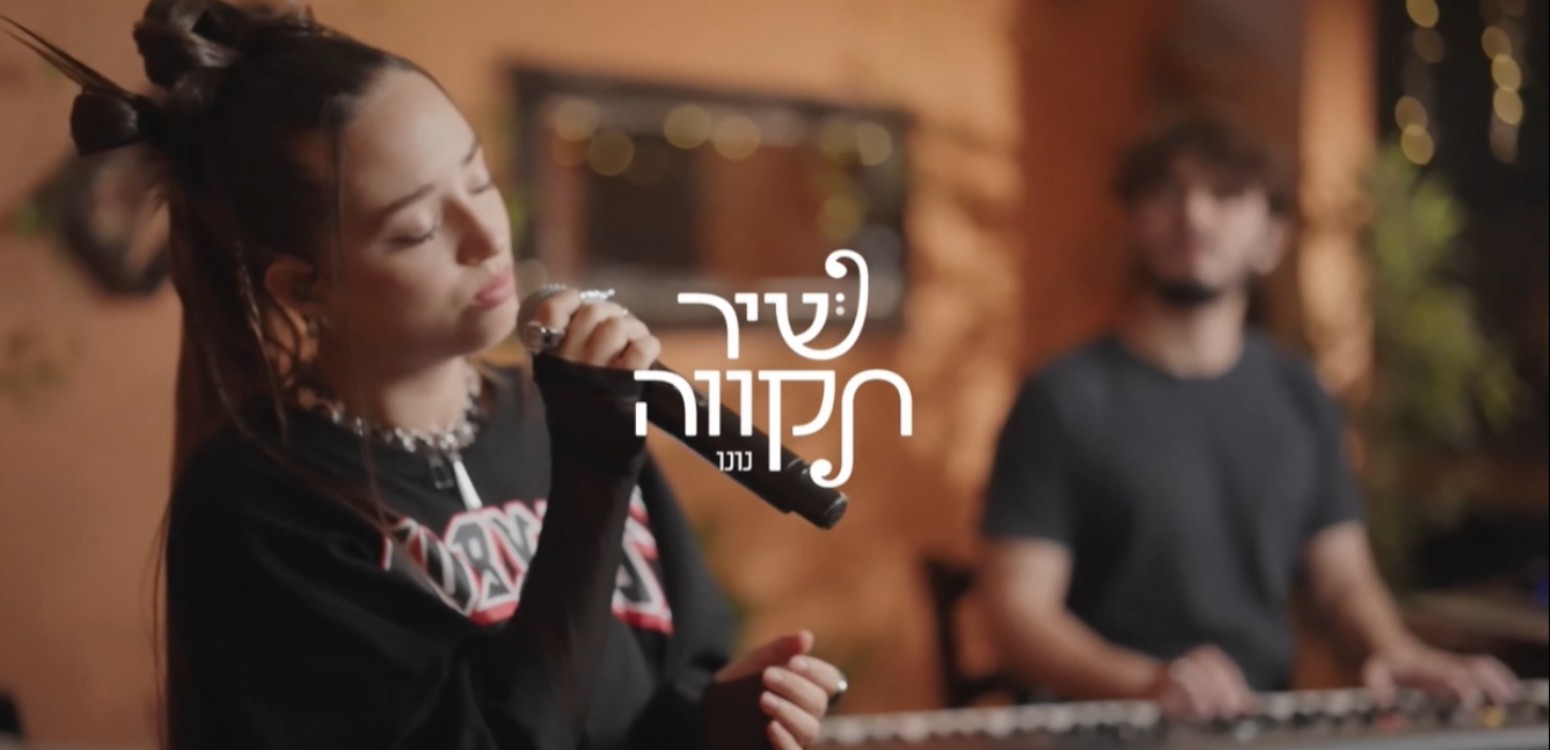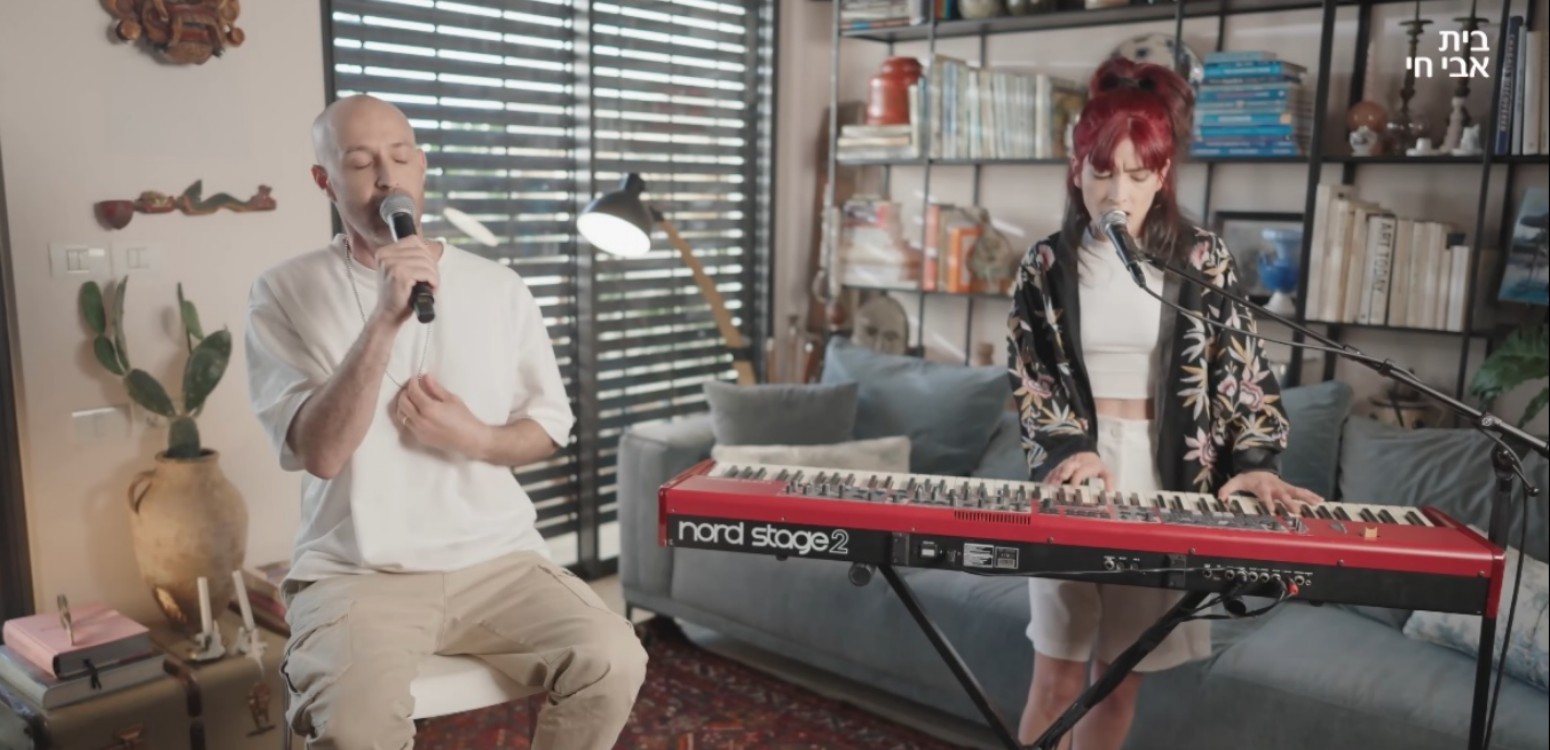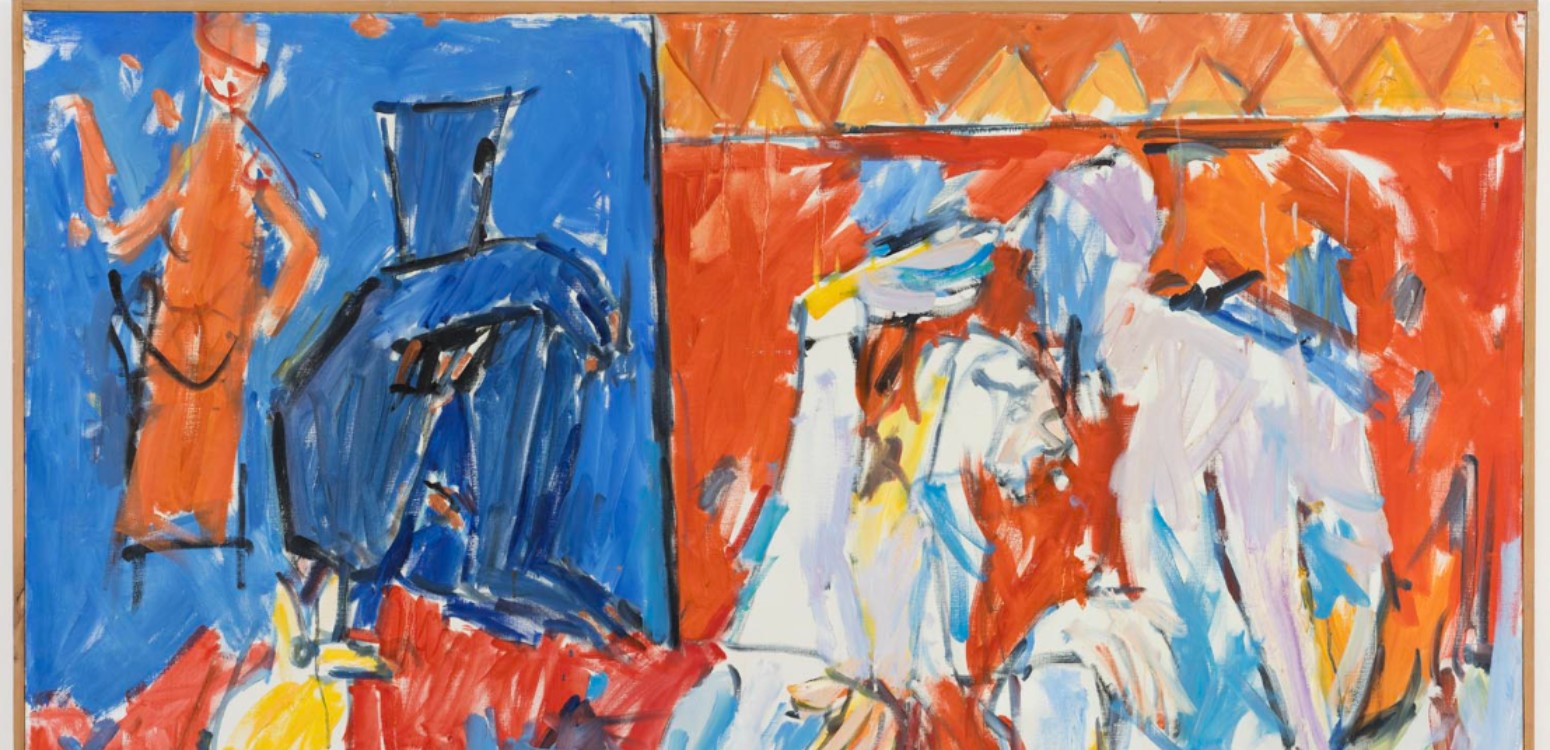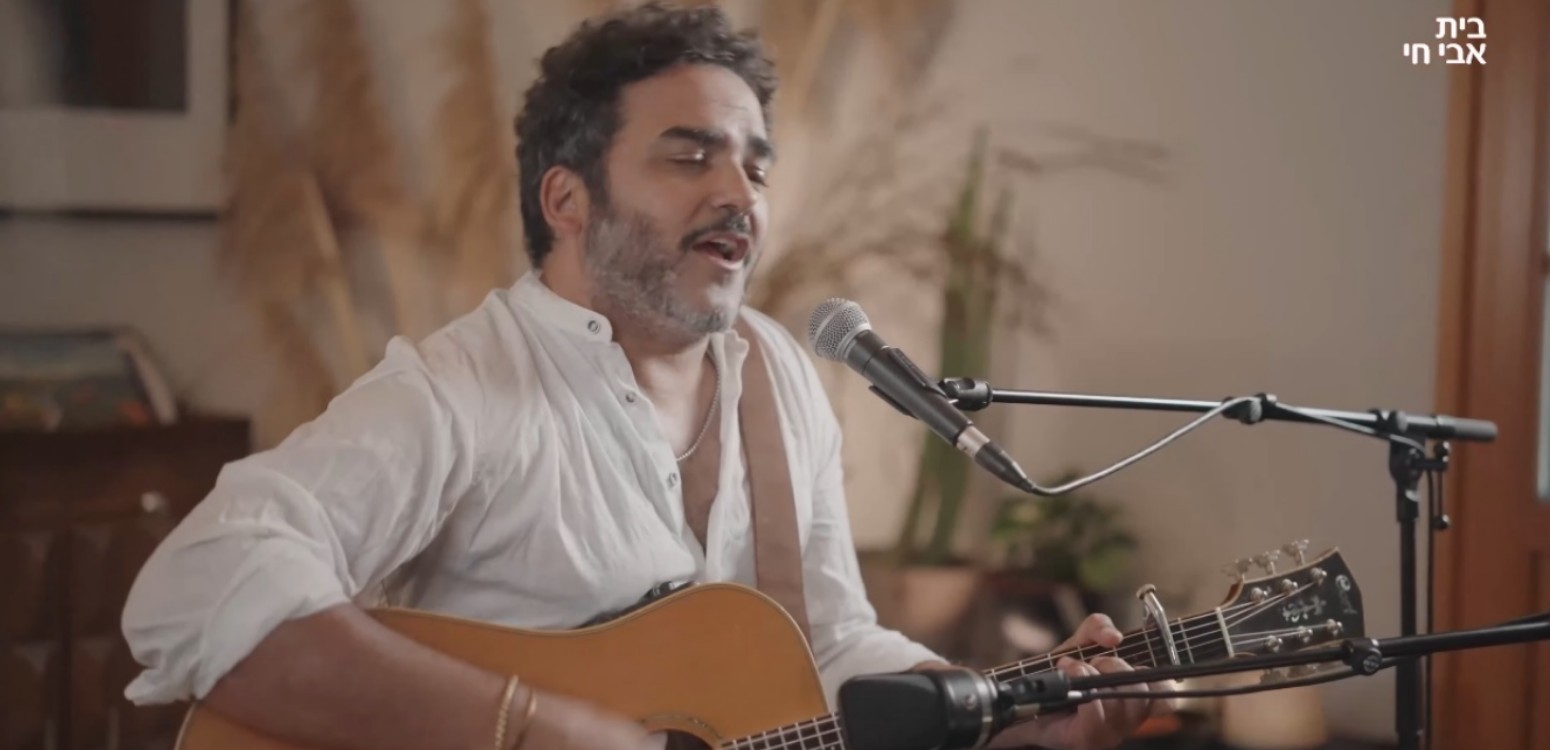Supporting the new Russian-Speaking Jewish Diaspora
The turmoil currently taking place in Russia prompted many Russian Jews to flee their country in the largest wave of Russian-speaking emigration since the end of the Cold War.
One of those who left was Dr. Simon Parizhsky, an instructor in Hebrew literature and poetry at the Lomonosov Moscow State University and former program director of the Avi Chai Foundation’s Eshkolot program—a Moscow and St. Petersburg-based effort to bridge the worlds of Jewish academia and culture as a way of trying to “reinvent or reimagine Jewish life” in the former Soviet Union.
In the 1990s, following the end of communism, Jewish life in Russia had been “colonized by all kinds of international Jewish organizations” who had “divided the field of Jewish life into sectors” but there were “no grassroots ideas of what a new Jewish community of Russia should look like,” Parizhsky says, noting that in Moscow, for example, there were “more than one hundred thousand people of Jewish origin unaffiliated in any way with Jewish organizations.”
A 20-year-old student or 30-year-old professional adult would never come to synagogue or JCC in search of cultural experiences. “So instead of trying to pull these people to Jewish places we came out to where they were,” Parizhsky explains. “Our programs took place in intellectual cafés, parks, galleries, museums and libraries, all kinds of public spaces, and we organized all kinds of Jewish events, concerts and talks.”
But things changed following Russia’s invasion of Ukraine, he argues, noting that after February 2022, “almost all of our audience in Moscow and many in St. Petersburg emigrated or made aliyah,” citing the establishment of new Russian-speaking Jewish communities across Europe and in Israel.
Joining the migration, Parizhsky moved to Israel and was engaged by Beit Avi Chai to relaunch Eshkolot as Ideas Without Borders, a multifaceted educational and cultural initiative in the Russian language to broadcast cultural programs to the new Russian-speaking Jewish Diaspora in Israel and around the world.
Among the projects currently being run out of Beit Avi Chai are virtual classes dealing with enigmatic stories from Jewish history, a podcast for teenagers analyzing short stories by Israeli authors in the Russian translation, and a flagship video series filmed in art museums entitled “Let Objects Speak,” produced in both Russian and English.
“The idea is that we find Jewish artifacts in world museums – currently it’s Russian museums like the Hermitage –and let these objects tell their stories,” Parizhsky explains.
“We are producing the kind of content we would want to consume ourselves. We are trying to present Jewish culture as both ancient and modern, Israeli and global, that has meaning and relevance in today’s world.”
Aside from the growing Russian Jewish Diaspora, however, Parizhsky says he wants to stay connected with those still in Russia.
“We don’t want to just leave them behind. We want to stay connected and continue to provide them – and our growing Russian-speaking audiences around the world – with the meaningful richness of Jewish/Israeli history and culture,” he says.
Model.Data.ShopItem : 0 8Also at Beit Avi Chai
